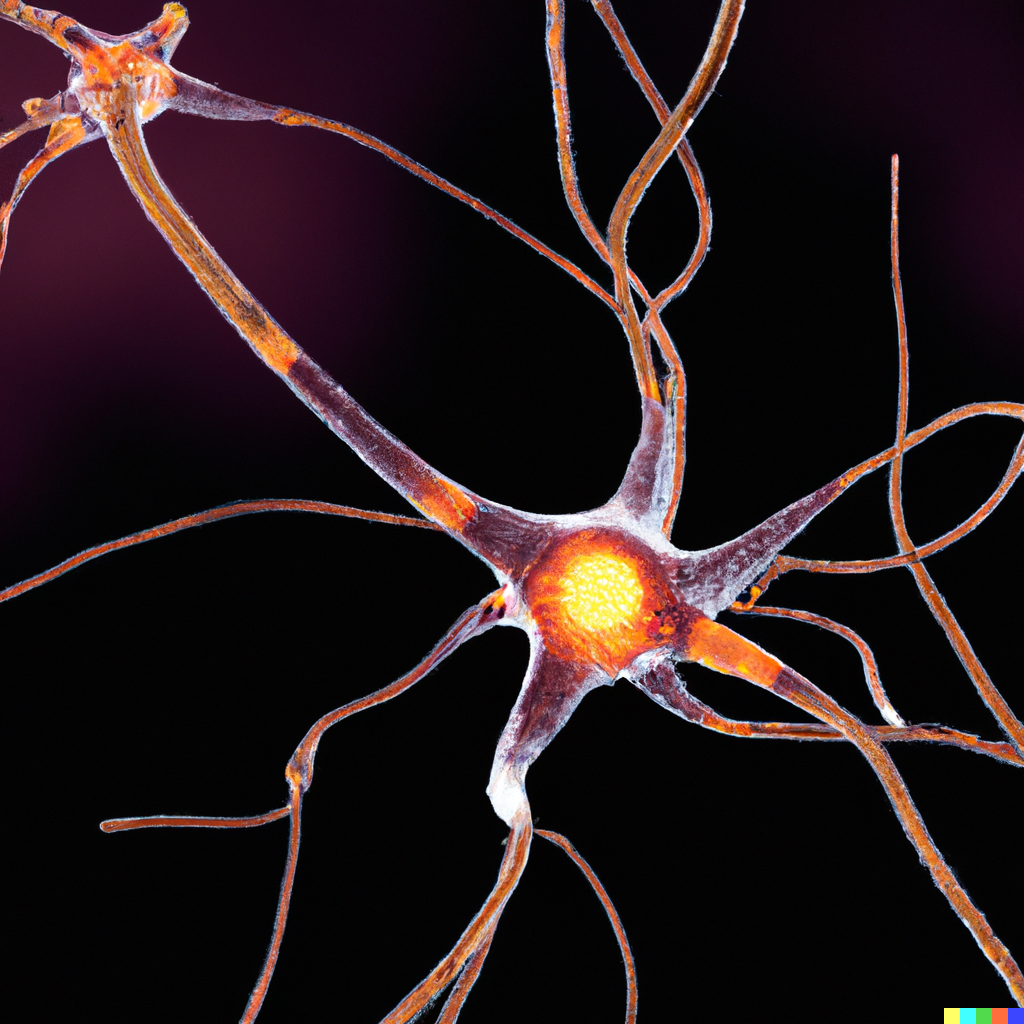What are Assisted Living Waivers? | Dementia and Alzheimer’s

Assisted living, specifically for individuals with dementia and Alzheimer’s and other neurodegenerative diseases, refers to a type of long-term care that provides support and assistance with activities of daily living (ADLs) and health-related tasks to individuals who are unable to fully care for themselves due to the progression of their condition.
Assisted living facilities for individuals with dementia and Alzheimer’s are typically designed to provide a supportive, safe, and homelike environment for residents, and often have staff members who are trained in caring for individuals with these conditions. The facilities may also offer specialized programming, activities, and therapies designed to address the unique needs of individuals with dementia and Alzheimer’s, such as memory support groups and sensory stimulation.
In assisted living facilities for individuals with dementia and Alzheimer’s, residents typically have a private or semi-private room and access to shared common areas, such as a dining room, living room, and outdoor spaces. The facilities may also offer assistance with ADLs, such as bathing, dressing, and grooming, as well as help with managing medications and coordinating healthcare services.
Assisted living facilities for individuals with dementia and Alzheimer’s are a good option for individuals who are no longer able to live independently but do not need the level of care provided by a skilled nursing facility. These facilities provide a supportive environment that allows residents to maintain as much independence as possible while receiving the care and support they need.
Assisted Living Waivers are programs that provide financial assistance to elderly or disabled individuals to help them pay for assisted living services and other long-term care services. These programs are usually administered by the state Medicaid program and are designed to allow individuals to receive care in a community setting rather than in a traditional nursing home.
Assisted Living Waivers are particularly relevant for individuals who have been diagnosed with Alzheimer’s or dementia. These individuals often require specialized care and support to manage their condition, and assisted living facilities can provide a more home-like environment that is better suited to their needs. With an Assisted Living Waiver, these individuals can receive the care and support they need while maintaining a sense of independence and dignity.
The eligibility requirements for Assisted Living Waivers vary from state to state. However, typically, the eligibility criteria include age requirements, such as being 65 years or older, financial requirements, such as having an income and assets below a certain limit, and health requirements, such as a need for long-term care services.
In some cases, individuals may exceed the eligibility requirements for Assisted Living Waivers, but still need assistance paying for their care. In these situations, Medicaid planning can help. Medicaid planning involves transferring assets or income to a trust or other vehicles in order to meet the eligibility requirements. By participating in Medicaid planning, individuals who exceed the eligibility requirements for the Assisted Living Waiver program may still become eligible for the program.
Assisted Living Waivers are available in many states, including California, Florida, New York, Texas, and Pennsylvania, among others. However, availability and specific requirements may vary from state to state. For example, some states may have more restrictive income and asset limits, while others may have more lenient requirements. It is important to research the requirements and availability of the program in your state in order to determine if you or a loved one may be eligible for the Assisted Living Waiver program.
To apply for the Assisted Living Waiver program, individuals should contact their state Medicaid program or the local Area Agency on Aging. These organizations can provide information on the program, including specific eligibility requirements, how to apply, and what documentation is required. The application process may include completing a form or providing documentation that verifies your age, income, assets, and health status.
Assisted Living Waivers are programs that provide financial assistance to elderly or disabled individuals who need long-term care services. These programs are particularly relevant for individuals with Alzheimer’s or dementia, as they allow these individuals to receive the care and support they need in a more home-like setting. The eligibility requirements and availability of the program vary from state to state, but individuals can contact their state Medicaid program or the local Area Agency on Aging for more information and to start the application process. Medicaid planning may also be an option for individuals who exceed the eligibility requirements for the Assisted Living Waiver program.





